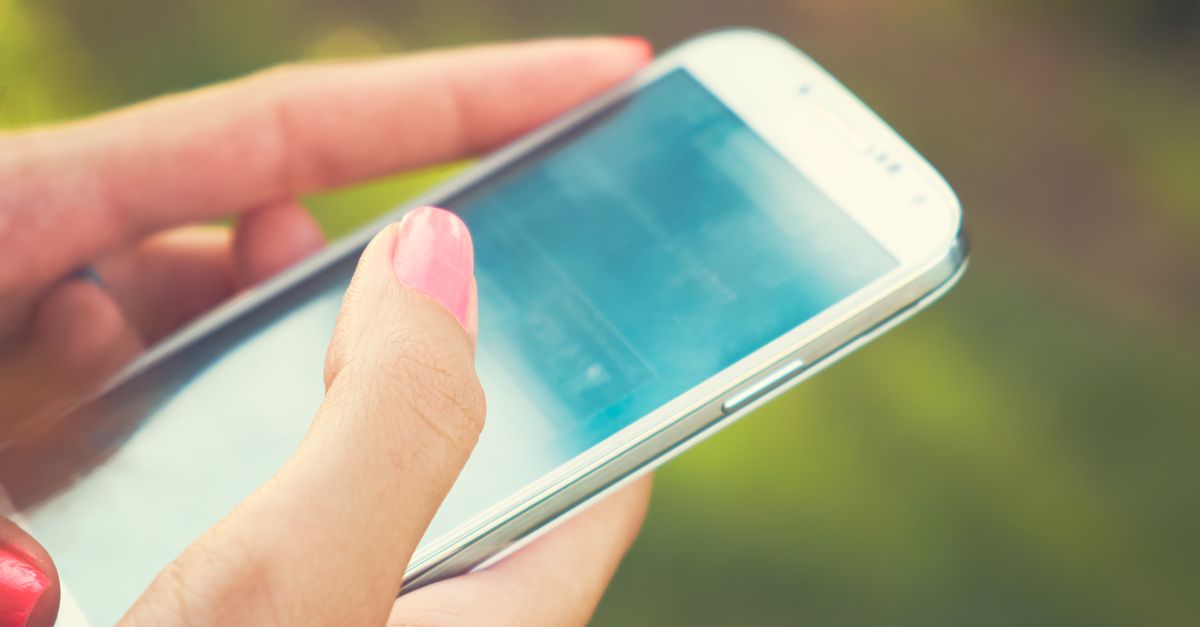Security News

Google and Apple have announced a joint project to create a privacy-preserving COVID-19 contact tracing app. Fourth, the public health authorities need geographical data for purposes other than contact tracing - such as to tell the army where to build more field hospitals, and to plan shipments of scarce personal protective equipment.

Google and Apple unveiled a joint initiative Friday to develop a coronavirus smartphone "Contact tracing" tool that could potentially alert people when they have crossed paths with an infected person. "All of us at Apple and Google believe there has never been a more important moment to work together to solve one of the world's most pressing problems," the companies said in a joint statement.

That's according to Professor Marylouise McLaws, a technical adviser to the World Health Organization's Infection Prevention and Control Global Unit. McLaws - a professor at the University of New South Wales' School of Public Health and Community Medicine in Australia, and a member of European, US and UK epidemiology and infection control bodies - told The Register tracking played a key role in nations that were able to flatten the exponential curve of COVID-19 cases - particularly Singapore, Taiwan and South Korea.

Samsung Electronics, the world leader in advanced memory technology, announced that it has begun mass producing the industry's first 512-gigabyte eUFS 3.1 for use in flagship smartphones. Delivering three times the write speed of the previous 512GB eUFS 3.0 mobile memory, Samsung's new eUFS 3.1 breaks the 1GB/s performance threshold in smartphone storage.

How long do Android smartphones and tablets continue to receive security updates after they're purchased? Many millions of users hang on to their Android devices for much longer, which raises questions about their ongoing security as the number of serious vulnerabilities continues to grow.

With its new Western Digital iNAND MC EU521, an embedded Universal Flash Storage device, Western Digital equips mobile developers to enhance the 5G smartphone user experience. An early supporter of JEDEC's implementation of Write Booster under the UFS 3.1 standard, Western Digital is among the first in the industry to deliver commercial storage solutions optimized for UFS 3.1 5G applications and capabilities.

Rising interest in electronic voting has heightened concerns among security experts who fear these systems are vulnerable to hacking and manipulation that could undermine confidence in election results. While internet voting has been implemented in parts of the world, notably in Estonia, security is still a key concern, and that goes double for smartphone voting, say researchers.

The forensic engineers who help police gather evidence understand this even if it's not always been clear which methods are the most effective as extracting data accurately enough for it to meet standards of evidence. To examine the issue, the US National Institute of Standards and Technology says it recently conducted tests using 10 popular Android smartphones careful loaded with a mix of data accumulated during simulated use.

King County voters will be able to use their name and birthdate to log in to a Web portal through the Internet browser on their phones, says Bryan Finney, the CEO of Democracy Live, the Seattle-based voting company providing the technology. Once voters have completed their ballots, they must verify their submissions and then submit a signature on the touch screen of their device.

Police Scotland to roll out encryption bypass technology, as one publication reported this week, causing some Register readers to silently mouth: what the hell? "The technology allows specially trained officers to triage mobile devices to determine if they contain information which may be of value to a police investigation or incident," the Scottish cops say of the program.